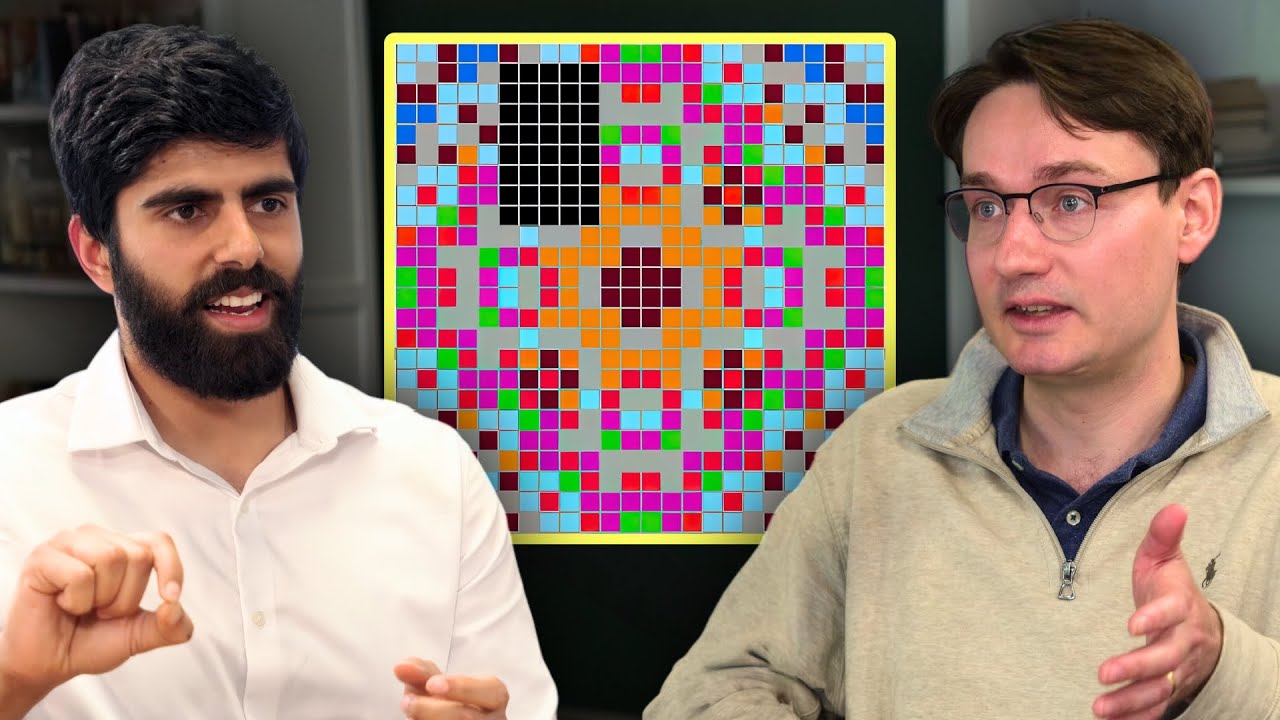In the video, Francois Chollet discusses the quest for Artificial General Intelligence (AGI) through the development of a multimodal model capable of solving complex tasks like the Arc benchmark. He highlights the challenges of achieving true intelligence in AI, emphasizing the importance of adaptive reasoning over pure memorization and the need to understand the limitations and capabilities of current models compared to human intelligence.
In the video, Francois Chollet discusses the concept of achieving Artificial General Intelligence (AGI) through the development of a multimodal model capable of solving complex tasks such as the Arc benchmark. He suggests that if a multimodal model can achieve a high performance level on Arc tasks, comparable to that of the average human, then the possibility of AGI becomes more attainable. Chollet expresses a desire to see a large language model (LLM) solve Arc tasks at an 80% success rate without being explicitly trained on the specific test set, highlighting the challenge of anticipating the unique intelligence required for each new Arc task.
Chollet reflects on the nature of the Arc benchmark, noting its resistance to memorization and the evolving complexity of the tasks over time. He acknowledges the potential for models to cheat by brute-forcing tasks through generating variations, which could lead to high scores but not necessarily represent true intelligence. He raises concerns about the limitations of artificial intelligence in mimicking human intelligence, emphasizing the dynamic and ever-changing nature of real-world scenarios that human intelligence must navigate.
The discussion delves into the concept of intelligence as a pathfinding algorithm in future situation space, drawing parallels to game development and the exploration of unknown territories. Chollet explains that intelligence operates based on past information and constraints, highlighting the difference between pure memorization and adaptive reasoning. He challenges the notion that human learning is purely based on memorization, arguing that it involves a combination of memorized skills and adaptive problem-solving.
Chollet contrasts the capacity of human intelligence with that of AI models, pointing out that current models are underparameterized compared to the complexity of the human brain. He argues that while AI models may excel at tasks through memorization and skill replication, they may fall short in generating new theorems or groundbreaking insights like the smartest humans. Despite this, he acknowledges the potential for automation and economic impact through the synthesis of skills from remote workers into AI models, raising questions about the future of work and the role of AI in a changing landscape.
In conclusion, Chollet emphasizes the importance of understanding the limitations and capabilities of AI models in relation to human intelligence. He challenges the notion of pure memorization in both human learning and AI performance, highlighting the need for a nuanced understanding of how intelligence operates in real-world contexts. The video prompts reflection on the evolving field of AI research and the ongoing quest to achieve AGI while navigating the ethical and practical implications of advanced artificial intelligence technologies.
